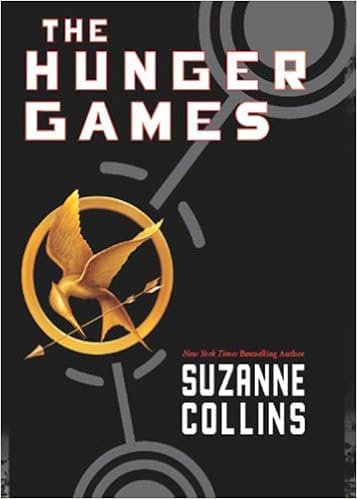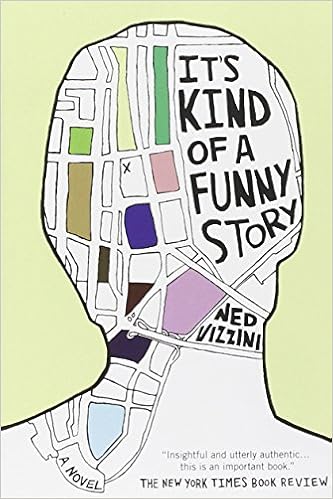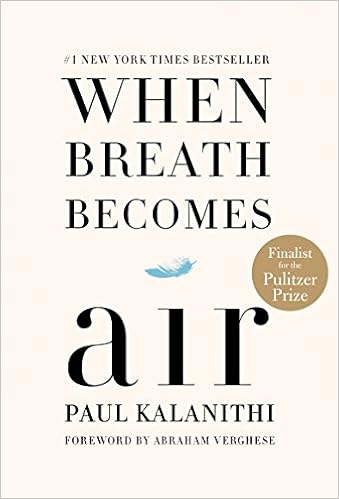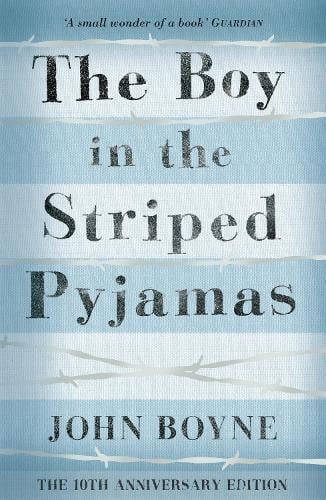#1: Americanah by Chimamanda Ngozi Adichie

Rating: ★★★☆☆
I recommend this book, especially for people who don't know much about being an immigrant to America or about African society and customs because that was interesting to learn about, but just put it down after chapter 44 because that's when it gets real bad. To find out what I mean by that, read my full review HERE.
#2: Bird Box by Josh Malerman

Rating: ★★★★★
Dark and creepy... opposite of my normal reading preferences, but I was wrapped up in this one. Yes, I did decide to read this because of the hype/memes from the Netflix adaptation, and depending on how brave I am I may go on to watch it. I knocked this book out in 1 day, and I really enjoyed it. Read my full review HERE.
#3: Wuthering Heights by Emily Brontë

Rating: ★★☆☆☆
I'm sorry but I don't know how people don't find "classic" literature absolutely insufferable... oops.
#4: The Cruel Prince (The Folk of the Air, #1) by Holly Black

Rating: ★★★★☆
I was impressed with this book. I liked the characters, the writing, and the plot. I didn't ever think it was boring, and I definitely recommend this to people who like fantasy, high fantasy, and Fae-centered storylines. To read my full review, click HERE.
#5: The Wicked King (The Folk of the Air, #2) by Holly Black

Rating: ★★★☆☆
I didn't dislike this book, but I can't think of a single reason I would want to reread it, which really makes me not want to reread The Cruel Prince, which was much better. This sequel was fine, but not near as compelling as the first one. Check out my full review HERE.
#6: Norse Gods by Johan Egerkrans (translated by Susan Beard)

Rating: ★★★★☆
I definitely bought this book because it was beautiful and just begging for me from the museum gift shop shelf to give it a good home. The stories are really accessible and interesting, and the illustrations are beautiful. -1 star for the editing. I don't know if it had something to do with the process of translating, but there were several typos in the book.
#7: The Hate U Give by Angie Thomas

Rating: ★★★★☆
I finally got to read this one! It only took two years to get to it... I really think this story is important and beautiful and infuriating. Read my full review HERE.
#8: Patina (Track, #2) by Jason Reynolds

Rating: ★★★★☆
This series is very special to me. There isn't anything shocking, there aren't any amazing and intriguing plot points, there isn't any real drama, the book is just so real. It's a window into the lives of kids just trying to be normal. It's emotional and accessible, and I think all middle grade kids should read it.
#9: The Lady's Guide to Petticoats and Piracy by Mackenzi Lee

Rating: ★★★★☆
This is such a good feminist book for people to read, not in spite of the fact that it's set in the 18th century but because of it. In the first book, we got the perspective of being LGBT in that setting, and now it's the perspective of being an ambitious woman in the same time period. The characters are brilliant, and there are so many beautiful precious moments in this book. Check out my full review HERE.
#10: Memoirs of a Geisha by Arthur Golden

Rating: ★★★☆☆
This book is an important read to get a perspective on a) the role and activities of geisha, and b) Japan in the 1930-40's. These are two topics I was not familiar with before reading this book, and I really appreciate getting to learn about Japanese history and customs through this story. Check out my full review HERE.
#11: Becoming by Michelle Obama

Rating: ★★★★★
What an honest to God ICON. Read my full review HERE.
#12: A Curse So Dark and Lonely by Brigid Kemmerer

Rating: ★★★★☆
This is a fresh twist on the traditional Beauty and the Beast retelling. If you ever found yourself wondering what a Beauty and the Beast story would be like if it had less romance, this is the book for you. I know it sounds counterintuitive because breaking the curse is supposed to be based on love/romance, but this one really did work. Check out my full review HERE.
#13: The Sun Also Rises by Ernest Hemingway
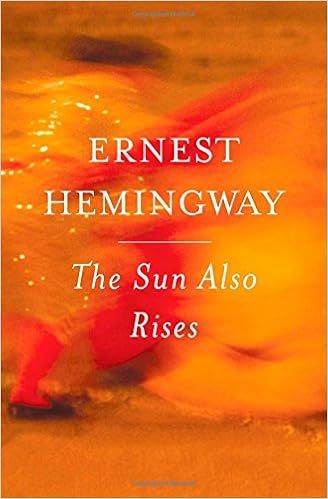
Rating: ★★☆☆☆
So. I read this as a part of my America's Best Loved Novels Reading Challenge and because I'm currently studying in Spain and I've learned about Sanfermines in Pamplona so I thought it would be fun. It was not fun. In addition to just not being interested by the story, I found the narration of this book is infuriating. “I went downstairs. I ordered a coffee. I sat down at a table. Then I read the newspaper.” Just bad writing.
#14: The Kiss of Deception by Mary E. Pearson

Rating: ★★★☆☆
I heard a lot of people call this their guilty pleasure read, so I picked it up. I thought the story and character were just fine. They kept my attention, and I wasn't bored. I liked how there was the mystery of who is the assassin and who is the prince, and with that I liked the triple perspectives. Still, there was no wow factor. Nothing super original or interesting. The introduction and progression of the one fantastical element, the "Gift", was vague and should've been more interesting than it was. The ending was one of the most bland and forgettable endings I've read in a first book. The conflict wasn't exactly solved, leaving the book open to sequels, but there wasn't really an interesting or surprising ending event. The triple perspective ruined any twist that might have come out at the end. The book was good and fine, just not amazing.
#15: And Then There Were None by Agatha Christie

Rating: ★★★★★
I can't say this story is shocking (after you read the poem you kind of can guess how the story is going to happen), but Agatha Christie truly was the first of her kind. The story was creepy and intriguing and I loved how we got backstories and flashbacks, and how with the third person omniscient viewpoint we could see everyone's thoughts. I read this book as a part of my America's Best Loved Novels Reading Challenge. This was an excellent classic thriller.
#16: Charlotte's Web by E.B. White

Rating: ★★★★★
Such a timeless classic. This was my childhood story. Still so good as I go back and read it at 20 years old.
#17: We Should All Be Feminists by Chimamanda Ngozi Adichie

Rating: ★★★★☆
I don't even know if I should count this as a book since is 52 pages and really just an extended essay, but Goodreads does so I will. I'll just read some really big books later to make up for it! I wanted to read this because I saw a Ted Talk the author gave, and then I read her book Americanah. I didn't love Americanah, but I love Adichie's forward thinking ideas on feminism and intersectionality. I like seeing her perspective on feminism, which is so heavily influenced by her home, Nigeria, which instills in its girls ideals and values so different than the US does.
#18: Sunny (Track, #3) by Jason Reynolds
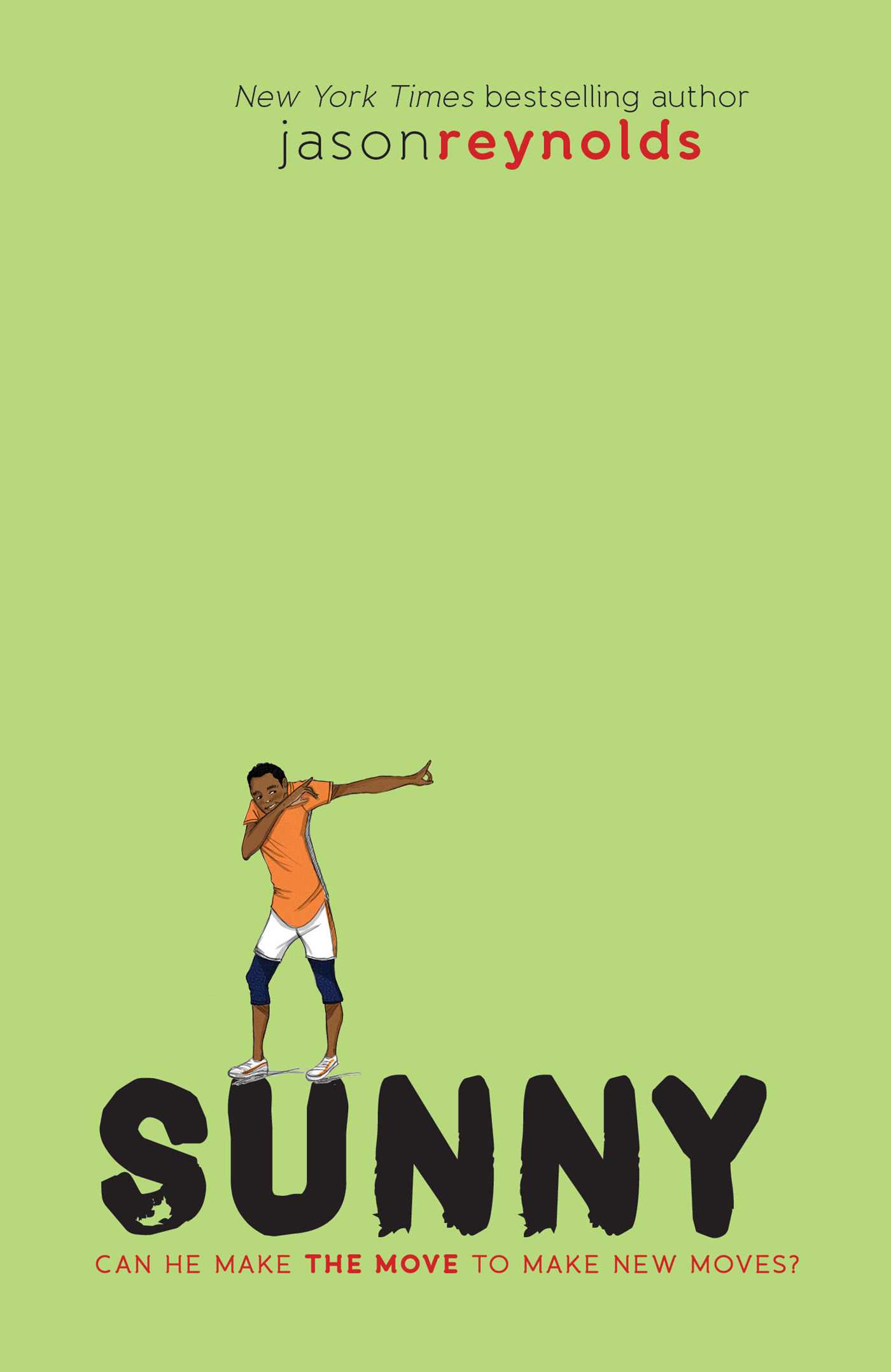
Rating:★★★★★
These books are just so cute, and I don't mean that in a demeaning way. Jason Reynolds just nails the inner workings of a (grieving) middle schooler's mind. Read my full review HERE.
#19: El Libro de Los Americanos Desconocidos by Cristina Henriquez

Rating: ★★★★☆
This book was so beautiful and sad. While it was originally published in English, I wrote my review in Spanish since I read the book in Spanish. If you're interested, you can find my full review HERE.
#20: Lu (Track, #4) by Jason Reynolds

Rating: ★★★★☆
A wonderful little wrap-up to one of my newly crowned favorite middle grade series. This whole series is just fun and hard-hitting at different moments. It's wonderfully balanced, and the characters are so relatable, realistic, and emotive. Didn't rate this one as high as the first or third in the series because it just lacked that emotional climax, where it really hits home, but I think the way the book ended served in place of that and it was just the perfect way to wrap up the quartet.
#21: The Curious Incident of the Dog in the Night-Time by Mark Haddon

Rating: ★★★☆☆
I really liked reading a book from this perspective, the perspective of a person that falls on the spectrum. I found myself really charmed by Christopher, and I really ended up admiring his bravery and the unique way his mind worked. The book just didn't bring the emotion that I needed it to to rank this higher than three stars. Overall, it's an easy, quick read, and I really enjoyed the graphs and pictures throughout. If you are at all interesting by the premise I suggest you check this one out.
#22: The Cerulean by Amy Ewing
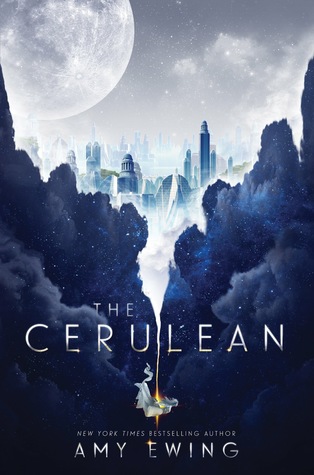
Rating: ★★★★☆
This was a pleasant surprise! Upon reading some reviews and seeing the ratings before reading the book, I really expected to dislike this book based on what people were saying. But I think people are wrong about this one. Read my full review to find out why HERE.
#23: The Shadow of the Wind by Carlos Ruiz Zafón

Rating: ★★★☆☆
While I can understand why many people love this book, this book is not for me. I would recommend this book to people who love stories that are really complicated and convoluted, told in bits and pieces by many different interviews. There was just a lot going on, and for how much was going on, I didn't ever really feel drawn in. So, for me, this book was good, but not amazing by any stretch.




